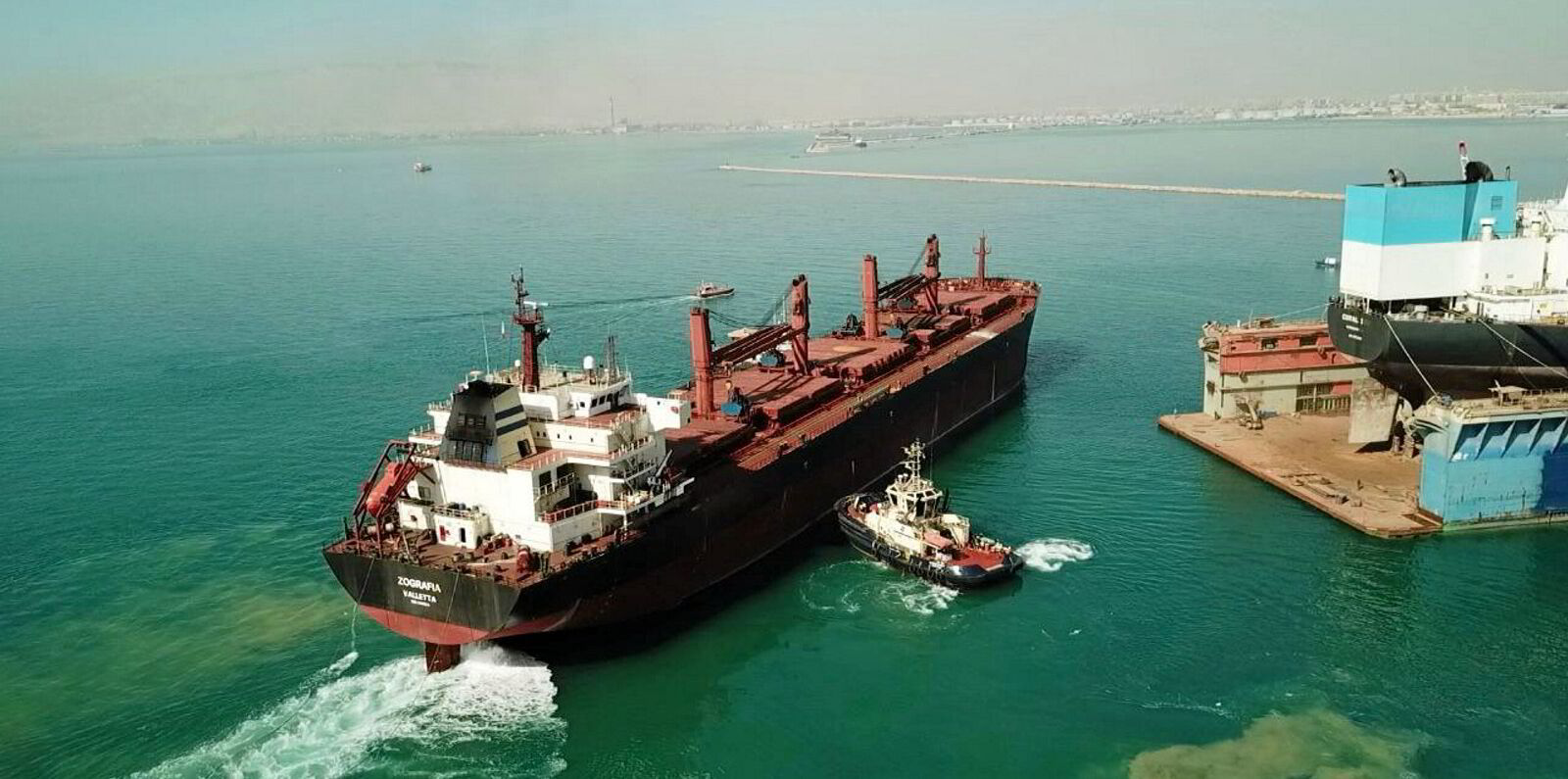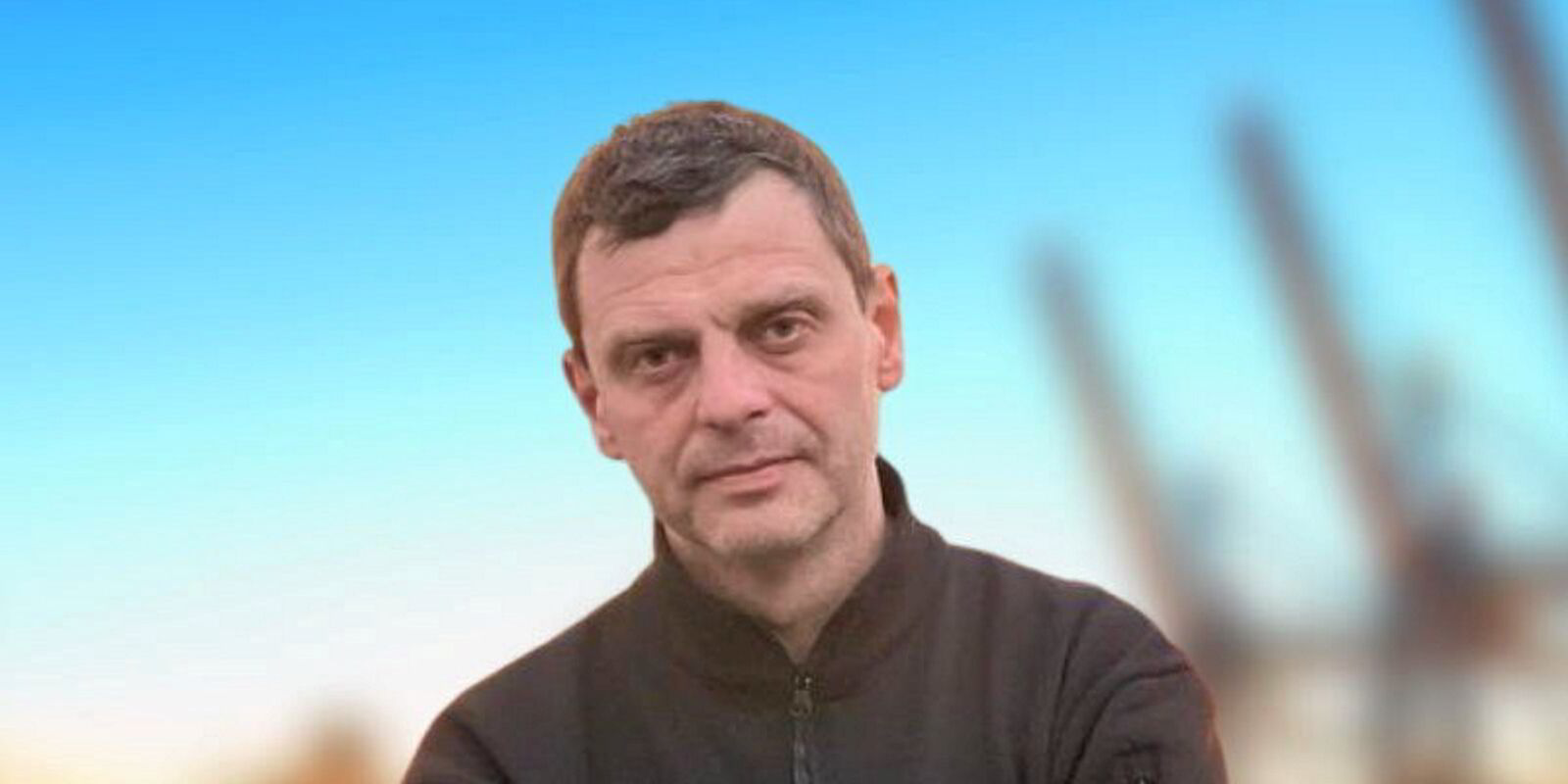There can be few lonelier places in the world than the deck of a burning oil tanker in the Red Sea with help hours away.
That was the position of the captain and the predominantly Indian crew of the 110,000-dwt Marlin Luanda (built 2018) in January after it was struck by a Houthi missile.
For four-and-a-half hours they tackled the blaze until trained firefighters from the Indian Navy turned up to end the crisis. The honour for bravery bestowed on the crew was well earned.
Clearly, it was a dark episode for all those involved, but at least they have been recognised for their efforts by the International Maritime Organization and the ship has returned to trading.
It was not the only ship hit by a Houthi missile in January. A missile tore through the deck and port side of a Greek-owned bulker, the 56,900-dwt Zografia (built 2010). While the ship was under repair near Piraeus, Greece, a Ukrainian seafarer who was on board at the time of the attack is believed to have killed himself in his cabin.
Fear of the unknown
Although we don’t know the circumstances of his death, it does highlight the wider issue of seafarers thrust to the front of geopolitical conflict. What are the potential hidden impacts on seafarers and their mental health from working under the threat of constant attack?
A senior official at Stella Maris, the maritime charity of the Catholic church that operates in 57 countries, says the charity was first alerted to the impact of the Red Sea crisis by its chaplains in the UK.
Seafarers had contacted the charity as they were fearful for themselves and colleagues from the same fleet who were working in the Red Sea.
They had seen pictures and the headlines of attacks but didn’t know what happened next to the crew. Their biggest fear was the unknown.
Jonathan Heard, a senior official at the charity, says suicide is considered a journey and the taking of a life is just the last step. There are opportunities for intervention and preventing it from happening.
It was a theme of another study on mariner welfare reported by TradeWinds. A study by Gard found that one in 10 deaths on commercial ships it insured over the past five years has been attributed to suicide, a worryingly high number, with many of them preventable.
For Stella Maris, that intervention means listening to a person’s concerns and then making sure there’s another person at the next port of call.
Suicide remains a taboo subject in many societies and information about the scale of the problem at sea is limited. There is an unwillingness to address the issue, for good reason. Families might receive a $150,000 payout for an insurance claim for death on board but nothing if it is a case of suicide, one shipping manager told a 2022 survey for the UK government on suicide and seafarers.
Counsellors have learned lessons from the Covid-19 pandemic and the Ukraine war when the increased threat to safety and longer times spent at sea affected onboard mental health.
The Mission to Seafarers highlighted how an attack on a merchant ship in the Black Sea had a profound impact on its crew as it brought home their new status as targets. It led to the ship manager asking the charity for help and counselling.
Many seafarers don’t want to share what they are going through in geopolitical hotspots, says Thomas O’Hare, a trainer in suicide prevention for the Mission. But in effect lying to loved ones can have a huge impact on their mental health.
His programme delivers sessions to the industry, helping land-based staff and managers to identify the warning signs and words used by seafarers struggling to cope.
The course encourages people to listen for signs of someone on the cusp of a crisis. Spotting that can lead to a very positive conversation, O’Hare said.
And that can save a life.
Read more
- Crew of tanker hit by Houthi missile honoured for bravery
- Europe bans cargo ship that skipped repair call on 36 deficiencies
- ‘Worryingly high number’: Gard raises alarm on seafarer suicide rate
- Body of seafarer found with rope around his neck on Pacific Basin bulker
- Abandoned tanker believed to have sunk off coast of Yemen





